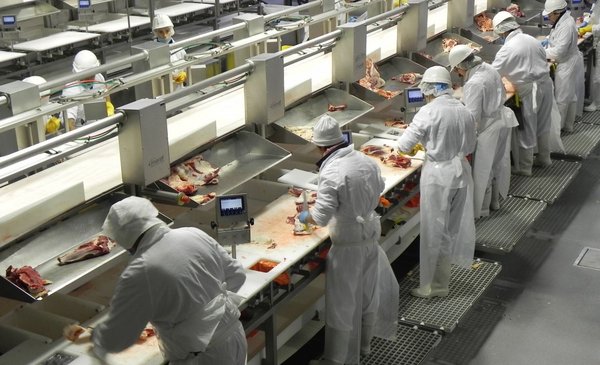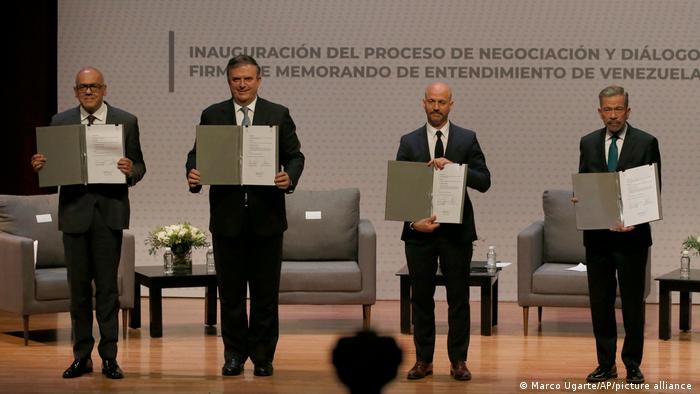In 2021 Uruguay reached a record in the payment of tariffsfor the first time in history the country paid US$ 337 million within the framework of the export of bovine and ovine meat, reported the National Meat Institute (INAC).
Total 62% more than in 2020 was paid for tariffsand that is explained by several reasons: some sales doubled (56% more in China, for example); tariff access had no changes; Y the price of international freight, which in some cases rose up to 200%.
INAC
INAC
On the one hand, the value of beef exported to China and Japan doubled. While in 2020 US$ 749 million of beef was exported to China, in 2021 it was US$ 1,448 million, and the tariff access conditions were maintained “by default”, so its growth was proportional to the amount of business carried out , detailed the institute. Something similar happened in the Japanese market: in 2020, US$22 million of beef was exported, but in 2021 it was US$47 million.
On the other hand, Quota chilled meat exports to the European Union increased, but remained without tariff preferences. In 2021 there were 3,050 tons of shipping weight that were marketed, and in 2020 they had been 1,900 tons.
In the markets of the United States (USA) and Canada there was a reduction in the volume exported without tariff preferences. In the US it went from 21,000 tons to 16,000 and in Canada from 4,000 to zero.
Beef took the majority
In 2021, Uruguay paid US$ 188 million in Chinese customs for the entry of bovine meat –after having paid US$94 million in 2020–, and US$16 million for sheepmeat.
US$30 million was paid in the United States, US$41 million in the European Union and US$19 million in Japan.
For this meat, the one with the highest production at the national level, the country had to pay $305 million in taxes, 90% of the total payment. The remaining 10% is divided into 5% for the export of sheep meat and 5% for offal and bovine meat products.
Double tariffs for sheep
In the case of sheep meat, tariff payments were for US$ 17 million and US$ 16 million are explained by the products placed in China (which were 78% of the total business of this meat).
The payment of tariffs for the sale of that meat doubled compared to 2020.
The increase in the participation of Uruguay in the Chinese market with sheep meat implies a decrease in the relevance of other markets with lower tariffs, such as Brazil and Canada. Uruguay accesses Brazil with a 0% tariff for being a member of Mercosur, and Canada with less than 2% depending on the product.

















